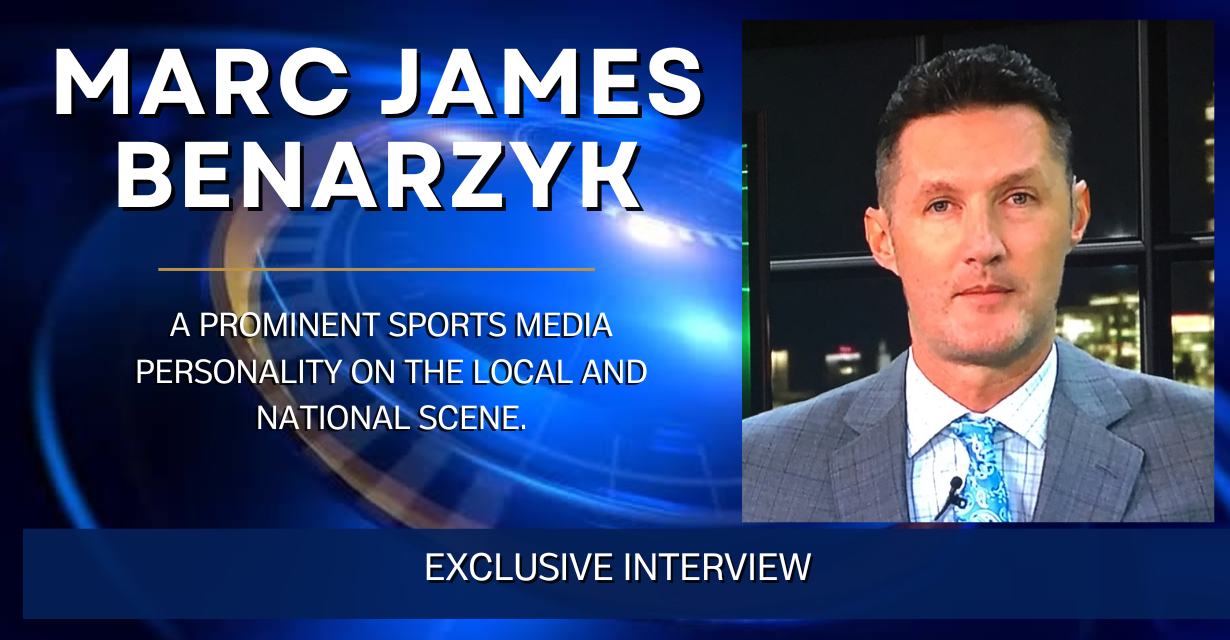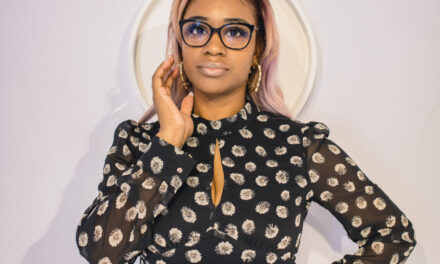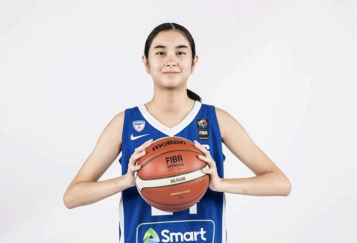Marc James Benarzyk stands out as a prominent sports media personality on the local and national scene. He showcases his unparalleled prowess and incomparable style as a sports talk radio host in Florida and on multiple national networks such as CBS Sports Radio for over a decade since their inception in 2013. Over the past three years, his distinct style of delivering sports content has enraptured fans, solidifying his reputation in the region. Previously, James made an impact on Boston sports radio on WEEI 93.7 FM. His outspoken, no-punches-pulled style set him apart from other hosts. His influence extended beyond Boston, resonating throughout New England. Before conquering the airwaves, Marc James made a lasting impact on New England Sports Network in Boston, where his two-year tenure elevated NESN’s sports programming. However, it was at All-Star Broadcasting, where James Benarzyk truly honed his skills during his six-year tenure, emerging as a revered host celebrated for insightful sports commentary. As an undergraduate, Marc spent four years receiving his bachelor’s degree in communication at the University of Arkansas. After that, he attended the University of Georgia where he studied to achieve an M.B.A. (Master’s of Business Administration) in Sport Administration. Then, he obtained his Master of Arts in broadcast journalism from the University of Miami School of Communication. Attributing his success to an unyielding passion for sports and journalism, Marc James Benarzyk is not just a journalist; he’s a sports storytelling maestro. With a dynamic blend of skill and fervor, he’s positioned for an even more remarkable ascent in his career.
Can you share some early influences or experiences that sparked your interest in sports journalism? How did these shape your career path?
My journey into sports journalism kicked off with a Bachelor’s in Communication and Media Studies from the University of Arkansas, setting the stage for an exhilarating 20-year career. However, even before that, I had always aspired to be a journalist and it’s this passion that pushed me into this career path. I believe these early influences had a huge role to play in my success so far. Success in sports journalism takes a little more than having academic papers, you need to be passionate as well.
What educational background or training did you pursue to prepare for a career in sports journalism? Were there specific courses or mentors that played a crucial role?
My educational journey includes obtaining my Master of Arts in broadcast journalism from the University of Miami School of Communication. Before that, I attended the University of Georgia where I studied to achieve an M.B.A. (Master’s of Business Administration) in Sport Administration, providing the knowledge base for my sports journalism career. The master’s degree was particularly useful in shaping my career journey. Not only did it give me the skills I needed, but also helped me build the right networks to help grow my career.
Reflecting on your career, could you highlight a few significant milestones or breakthrough moments that you believe were pivotal in your journey to becoming a top sports journalist?
Joining NESN in 2017 was a game-changer, hosting flagship sports shows that etched my presence in New England’s sports broadcasting landscape. It was such an inspiring moment, one that reminded me that I was in the right career. It definitely played a role in shaping me into the top sports journalist that I am today.
Throughout your career, you’ve likely interviewed numerous athletes and sports figures. Can you share one or two interviews that were particularly memorable or impactful for you, and why?
That would be my 2014 interview with CNN’s Randi Kaye touching on the racially charged comments by Atlanta Hawks GM Danny Ferry. It’s memorable because it showcased my commitment to impactful sports dialogues that are likely to change sports for the better long term.
How have you seen the field of sports journalism evolve over the course of your career? Are there specific trends or changes that stand out to you?
Over two decades, I have seen social media take a more central role in journalism as a whole. I believe social media will open up sports journalism to a lot of people who previously may not have been interested before. I believe that going forward, the sports journalists that thrive the most are those that embrace social media.
Balancing personal life and a demanding career can be challenging. How do you manage the demands of a high-profile sports journalism career while maintaining a work-life balance?
I simply plan my time well. I have always believed that no one is ever too busy. In most cases people are just disorganized and that eats into their time. Personally, I always ensure that I get the job done at the right time, to free up time for my family. It’s a strategy that works perfectly.
You’ve covered many major sporting events. Can you discuss the dynamics and pressures of reporting on events like the Super Bowl, Olympics, or World Series? How do you prepare for such high-profile assignments?
Of course, there is a lot of pressure that comes with such sporting events. To handle the pressure that comes with such events, I try as much as possible to connect intimately with the audience. This takes away the pressure because it feels like we are all one big family enjoying the game together. This has always worked for me.
What advice would you give to aspiring sports journalists who are looking to follow in your footsteps? Are there key principles or strategies that you believe contribute to success in this field?
For aspiring sports journalists, my advice centers on dedication and versatility, qualities that have fueled my own successful journey so far. As long as you are dedicated to your work, and can easily adapt to changes in the industry, you have a high chance of success.
Looking ahead, how do you envision the future of sports journalism, considering technological advancements, changes in media consumption, and other factors? What advice would you give to professionals navigating these changes?
As we have seen over the last decade, many sports viewers and consumers continue to cut the cord on traditional viewing methods such as cable television. Direct consumer viewing habits are proliferating exponentially such as streaming services and internet-based mediums will change the entire landscape.To industry professionals, I would advise them to strive to understand their audience. When you understand your audience, the medium that the content is channeled through does not matter much.




